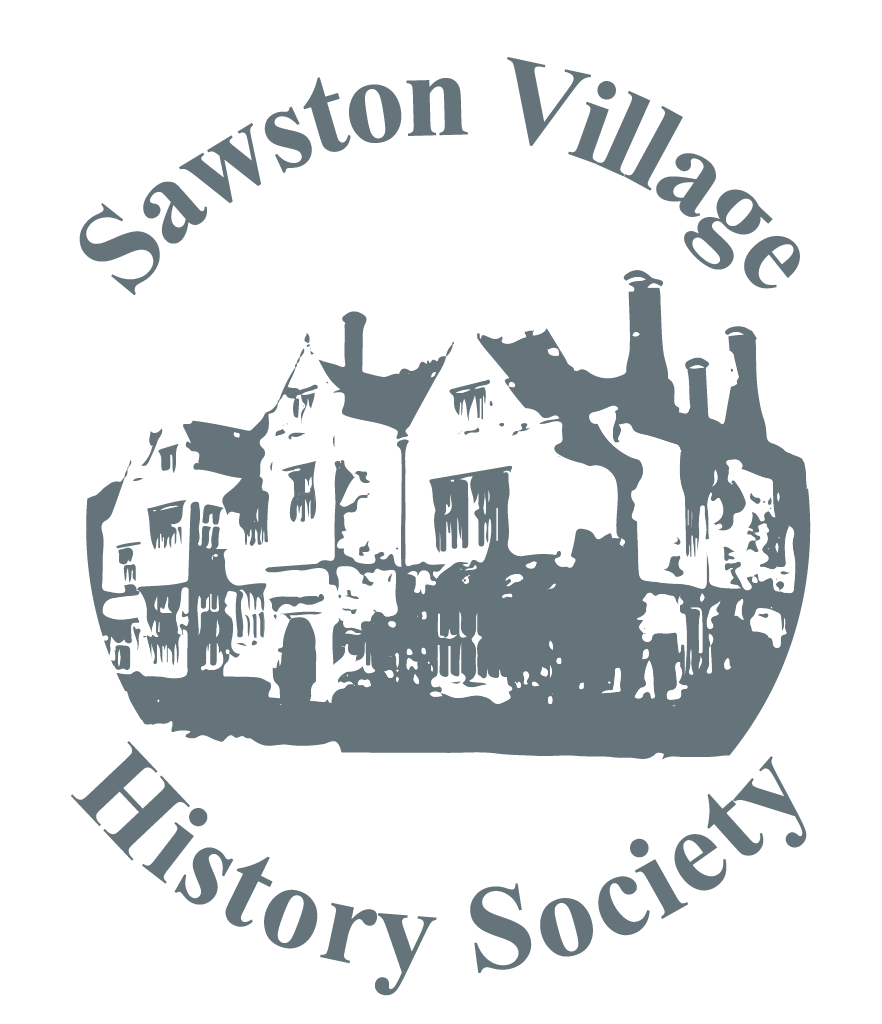
At the outbreak of World War I, Russia was initially caught up in a wave of nationalism, but this was soon dispelled by increasing numbers of defeats. The Tsar's attempts to remedy the situation by taking personal control of the army in 1915 proved disastrous, as he was now held personally responsible for Russia's continuing defeats and losses. In addition, the Tsarina Alexandra, left to rule while the Tsar was at the front, was German born, leading to suspicion of collusion, exacerbated by rumours relating to her relationship with the controversial mystic Rasputin. His influence led to disastrous ministerial appointments and corruption, and in worsening of conditions within Russia. This led to general dissatisfaction with the Romanov family, and was a major factor contributing to the retaliation of the Russian Communists against the royal family.
The Russian Revolution was actually a pair of revolutions in 1917 which dismantled the Tsarist autocracy and led to the rise of the Soviet Union. The Russian Empire collapsed with the abdication of Emperor Nicholas II and the old regime was replaced by a provisional government during the first revolution of February 1917 (March in the Gregorian calendar; the older Julian calendar was still in use in Russia at the time). The February Revolution took place as a result of heavy military setbacks during the War, which left much of the Russian Army in a state of mutiny. Alongside it arose grassroots community assemblies (called 'soviets') which contended for authority. In the second revolution that October, the Provisional Government was toppled and all power was taken by the soviets.
The Bolshevik Party was led by Lenin who had been in exile in Switzerland. After the February Revolution he saw the opportunity for his Marxist revolution. The war made a return logistically difficult, but German officials arranged for Lenin to pass through their territory, hoping that his activities would weaken Russia or even – if the Bolsheviks came to power – lead to Russia's withdrawal from the war.
In the October Revolution (November in the Gregorian calendar), the Bolsheviks led an armed insurrection by workers and soldiers in Petrograd that successfully overthrew the Provisional Government, transferring all its authority to the soviets with the capital being relocated to Moscow shortly thereafter. The Bolsheviks established a federal government dedicated to reorganizing the former empire into the world's first socialist republic. The Bolshevik leaders signed a peace treaty with Germany in March 1918. To further secure the new state, the Cheka was established which functioned as a revolutionary security service that sought to weed out and punish those considered to be "enemies of the people".
Soon after, civil war erupted among the "Reds" (Bolsheviks), the "Whites" (non-Bolshevik socialists). It continued for several years, during which the Bolsheviks defeated both the Whites and all rival socialists and thereafter reconstituted themselves as the Communist Party. In this way, the Revolution paved the way for the creation of the Union of Soviet Socialist Republics (USSR) in 1922.
So where was Cambridge involved with all this? Only at the periphery, but the 1916 Summer School considered the future of Russia. Clearly it would have to change, but away from the Prussianism of Germany, and every effort should be made to make Russia a natural ally - a wish that even after a century remains unfulfilled. The Bolshevik revolution of 1919, with its intimidation, extortion, anti-Christian movement, and free-love made it hard for the Cambridge socialists to support it in student debates about what to do about Russia.
"I cannot forecast to you the action of Russia. It is a riddle, wrapped in a mystery, inside an enigma; but perhaps there is a key. That key is Russian national interest." This was said in a broadcast in 1939 by Churchill, and remains true nearly eighty years later.
Jim Butchart